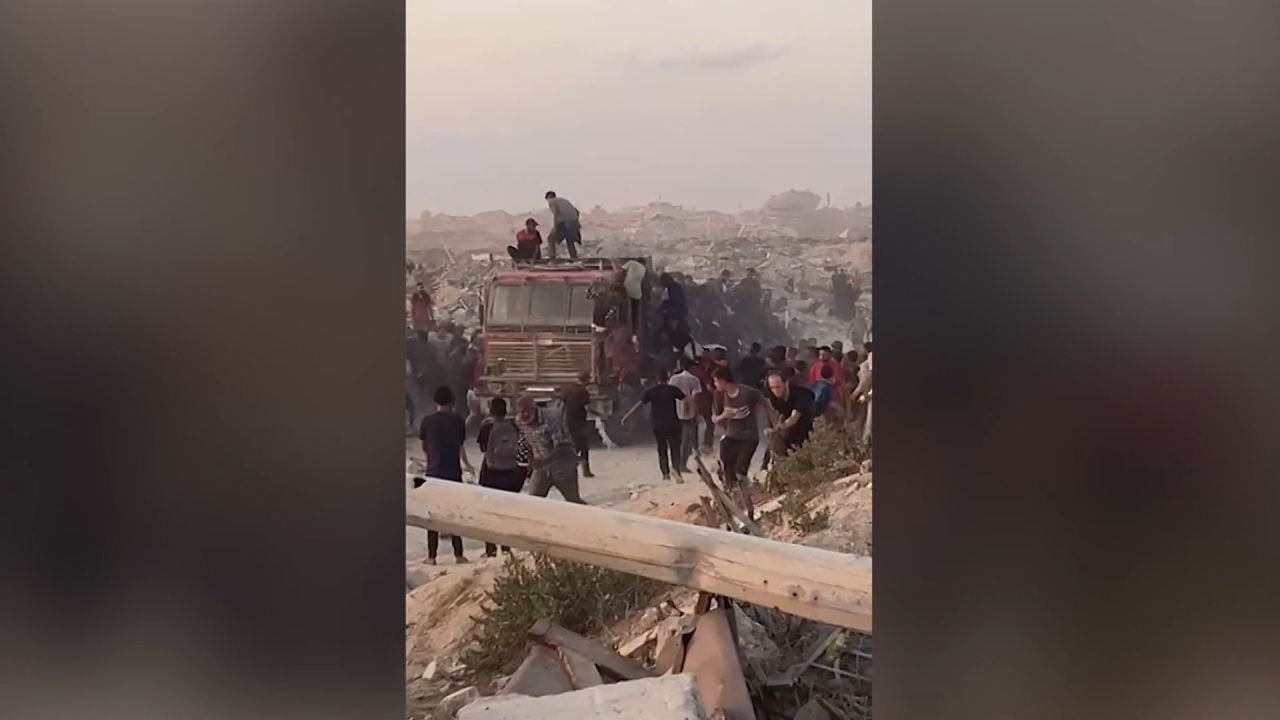What we covered here
• Pause in some fighting: Facing growing international condemnation over Palestinians starving to death in Gaza, Israel’s military says it will begin a “humanitarian pause” in densely populated parts of the enclave, and open corridors for UN convoys to make aid deliveries on Sunday. However, it said fighting would continue elsewhere.
• Starvation crisis: Medical workers describe dire conditions on the ground, and hospitals overflowing with malnourished patients. Despite growing evidence of widespread hunger, the Israeli military has reiterated its claim that “there is no starvation in the Gaza Strip,” calling it “a false campaign promoted by Hamas.”
• Controversial aid drops: Israel has also begun making airdrops into Gaza, after saying earlier this week that it would allow foreign nations to do so. The method has been sharply criticized by humanitarian groups as expensive, inefficient and dangerous for those on the ground.
• Protests in Israel: As global pressure mounts, Israeli Prime Minister Benjamin Netanyahu also faces anti-war protests at home. Families held a rally Saturday condemning the government’s failure to secure the release of Israeli hostages. The US and Israel recalled their ceasefire negotiators this week, blaming Hamas for the diplomatic breakdown.

























